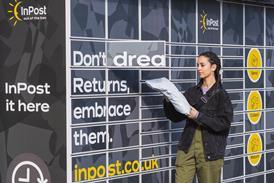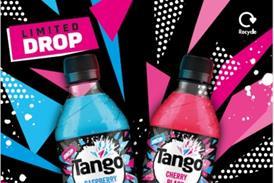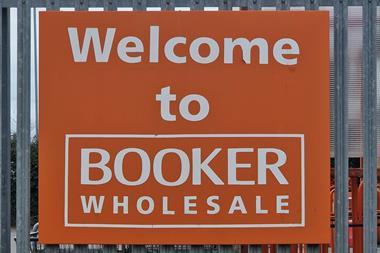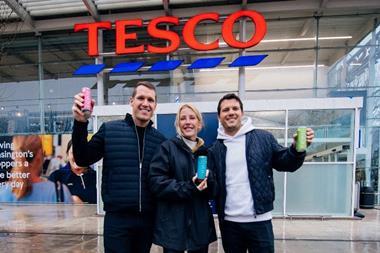Tesco has been found guilty of making misleading claims to support its planning application for a new supermarket in Essex, the second time in recent weeks that the retail giant's tactics have been questioned. In an earlier case, a letter of support for a development in Leeds was discovered to be a fake.
In a leaflet to Essex residents, the company claimed "there is a need and demand for a new food store to serve the Manningtree/Lawford/Mistley area", but of the 440 people it asked what new types of shops would be useful in Manningtree, only 8.6% replied "supermarket". Two-thirds (65.9%) replied either "don't know" or "none". Only 20 people said they would like to see a new Tesco in the town.
The Advertising Standards Authority ruled that readers were likely to infer that local residents had been surveyed and the majority had indicated that they wanted a new store.
Tesco later said its claim was based on a specific planning sense of the word 'need'.
The residents of Manningtree have consistently fought against the Tesco development, with more than 350 of its 900-strong population lining the streets last year in protest. Local campaign group Stour Community First said: "We're convinced it will deplete the quality of life here in a town with a distinctive character. We believe in a revitalised, thriving High Street, and the continued existence of small stores."
Tesco's leaflet also claimed locals would save an estimated 1.6m tonnes of C02 through not travelling to other towns to shop. Following a complaint, Tesco said this was an error and a more accurate figure would be 1.6m kilograms.
Earlier this year residents photographed Tesco staff unloading goods from HGV lorries outside the town in order to deliver to its town centre Express store in smaller hybrid vans with lower CO2 emissions.
In a leaflet to Essex residents, the company claimed "there is a need and demand for a new food store to serve the Manningtree/Lawford/Mistley area", but of the 440 people it asked what new types of shops would be useful in Manningtree, only 8.6% replied "supermarket". Two-thirds (65.9%) replied either "don't know" or "none". Only 20 people said they would like to see a new Tesco in the town.
The Advertising Standards Authority ruled that readers were likely to infer that local residents had been surveyed and the majority had indicated that they wanted a new store.
Tesco later said its claim was based on a specific planning sense of the word 'need'.
The residents of Manningtree have consistently fought against the Tesco development, with more than 350 of its 900-strong population lining the streets last year in protest. Local campaign group Stour Community First said: "We're convinced it will deplete the quality of life here in a town with a distinctive character. We believe in a revitalised, thriving High Street, and the continued existence of small stores."
Tesco's leaflet also claimed locals would save an estimated 1.6m tonnes of C02 through not travelling to other towns to shop. Following a complaint, Tesco said this was an error and a more accurate figure would be 1.6m kilograms.
Earlier this year residents photographed Tesco staff unloading goods from HGV lorries outside the town in order to deliver to its town centre Express store in smaller hybrid vans with lower CO2 emissions.


















No comments yet